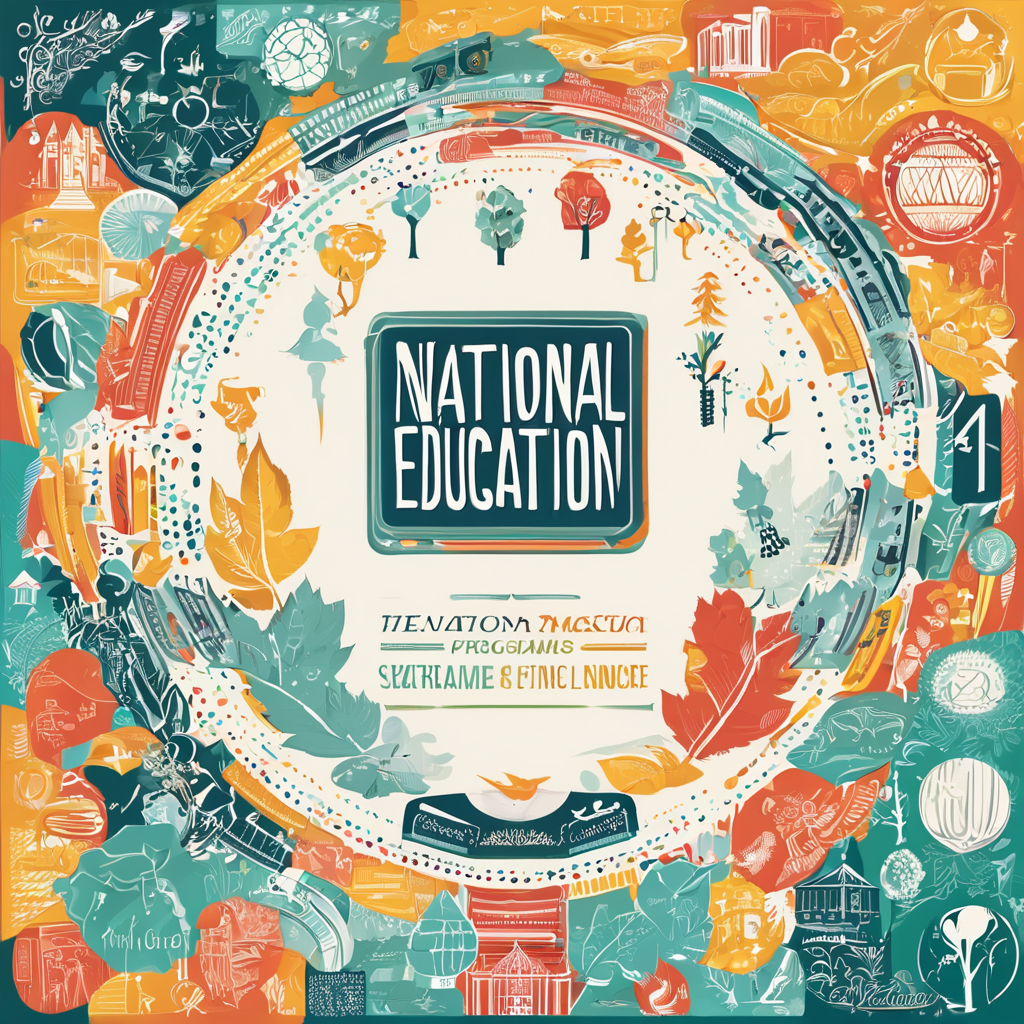National education programs play a crucial role in shaping the future of a country by providing opportunities for individuals to acquire knowledge and skills necessary for personal and professional growth. These programs are designed to enhance the quality of education, promote lifelong learning, and address the diverse needs of learners across different age groups and backgrounds.
One of the key objectives of national education programs is to ensure equal access to education for all individuals, regardless of their socioeconomic status or geographical location. By offering scholarships, grants, and other forms of financial assistance, these programs aim to bridge the gap between privileged and underprivileged students, enabling everyone to pursue their educational aspirations.
Furthermore, national education programs focus on improving the overall quality of teaching and learning in schools and universities. By implementing standardized curricula, teacher training initiatives, and educational resources, these programs strive to enhance the learning experience for students and equip educators with the tools they need to deliver effective instruction.
In addition to academic development, national education programs also emphasize the importance of holistic education, which includes social and emotional learning, critical thinking skills, and practical knowledge relevant to real-world challenges. By incorporating these elements into the curriculum, students are better prepared to navigate the complexities of modern society and make informed decisions about their future.
Moreover, national education programs play a vital role in promoting innovation and creativity among students by encouraging research, experimentation, and interdisciplinary collaboration. By fostering a culture of curiosity and exploration, these programs inspire the next generation of thinkers, inventors, and problem-solvers who will drive progress and innovation in various fields.
Another key aspect of national education programs is the promotion of digital literacy and technological skills to prepare students for the demands of the digital age. By integrating technology into classroom instruction, providing access to online resources, and offering training in digital tools, these programs empower students to thrive in a technology-driven world and adapt to rapid advancements in the digital landscape.
Furthermore, national education programs prioritize inclusive education by catering to the diverse needs of learners with disabilities, learning differences, or special educational requirements. By implementing inclusive practices, providing tailored support services, and fostering a culture of acceptance and diversity, these programs create a more inclusive and equitable learning environment for all students.
Additionally, national education programs often collaborate with industry partners, non-profit organizations, and community stakeholders to offer vocational training, internships, and job placement opportunities for students seeking practical skills and hands-on experience in various professions. By forging partnerships with external entities, these programs facilitate the transition from education to employment and help students develop the skills needed to succeed in the workforce.
Moreover, national education programs prioritize environmental education and sustainability initiatives to raise awareness about environmental issues, promote conservation efforts, and inspire students to become responsible stewards of the planet. By integrating environmental education into the curriculum, organizing eco-friendly projects, and encouraging sustainable practices, these programs instill a sense of environmental responsibility and empower students to take action for a more sustainable future.
In conclusion, national education programs play a multifaceted role in shaping the educational landscape and preparing students for success in a rapidly changing world. By focusing on equal access, quality teaching, holistic development, innovation, digital literacy, inclusive practices, vocational training, and environmental education, these programs lay the foundation for a well-rounded and empowered generation of learners ready to tackle the challenges and opportunities of the 21st century.
